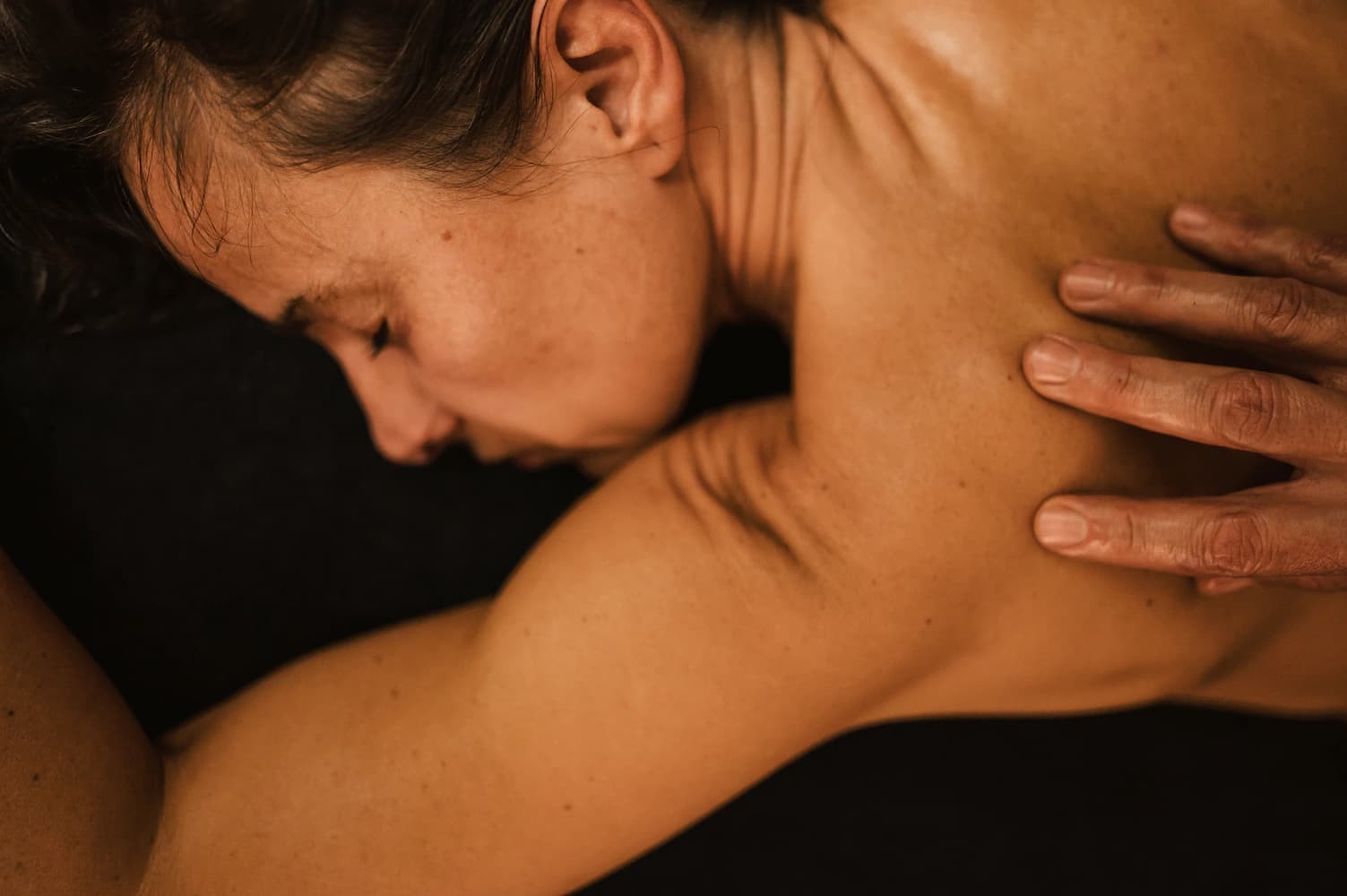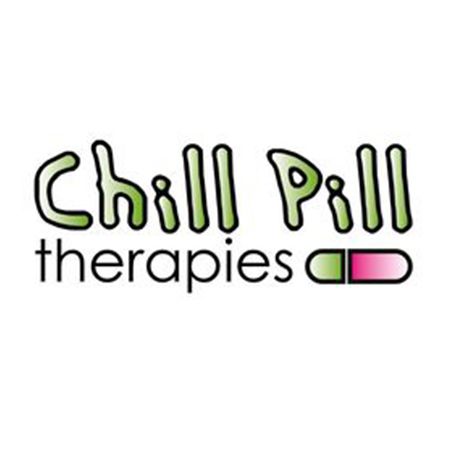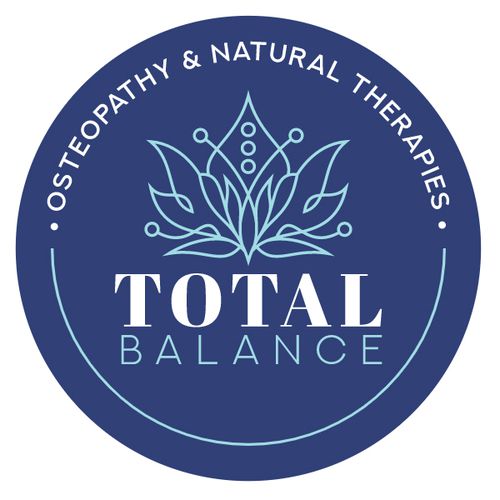
Pain is a very common condition. Pain may be anything from a dull ache to a sharp stab and can range from mild to extreme. You may feel pain in one part of your body or it may be widespread. There are two types of pain:
- Acute pain is a normal response to an injury that starts suddenly and is usually short-lived.
- Chronic pain continues beyond the time expected for healing and generally lasts for longer than 3 months.
Studies suggest that a person's emotional wellbeing can impact the experience of pain. Understanding the cause and learning the effective ways to cope with your pain can improve your quality of life.
Managing pain without medicines
A combination of treatments and therapies is often more effective than just one. There are many non-medicine treatments available to help manage pain:
- Hot, cold packs and creams: Ice packs are used immediately after an injury to reduce swelling. Heat packs and cream are better for relieving chronic muscles or joint injuries.
- Physical therapies: Walking, stretching, strengthening or cardio exercise may help reduce pain, keep you mobile and improve your mood. Going into nature and doing activities you love will keep you active and feeling good.
- Massage therapy: Helps with muscle pain, clears energy blocks, improves circulation, lymphatic, releasing stress, pain, toxins and promotes healing.
- Stress management and relaxation techniques: Meditation, yoga, relaxation massage and Epsom salt hot baths.
- Mindset therapy and hypnotherapy: This form of therapy can help you learn how to change how you think and in turn, changing how you will feel and behave towards pain. This is a valuable strategy for learning to self-manage chronic pain.
- Energy healing: A nurturing technique to reduce stress, promote healing and balance to the whole body.
- Eating healthy: Cutting down on processed foods, fats and sugars, ensures you have more energy, a more positive outlook, feel good, which in turn can help manage pain.
- Sleep: Getting a good night's sleep puts the body at rest, where all the amazing work gets done. By feeling refreshed and can face each day at your best.
- Socialising: Engaging with family and friends gives you a sense of purpose and love.
Sometimes the pain will persist and cannot be easily relieved. It's natural to feel worried, sad or fearful when you are in pain.
Just remember to keep focusing on improving your day-to-day function rather than completely stopping the pain.
Accept that your pain may not go away altogether and that you will have your ups and downs, making it important to talk yourself through these times.
Find out as much as you can about your condition so that you don't worry unnecessarily about the pain.
Get as much support from your family and friends or other professionals.
Engage in physical activity, eat healthy foods and make sure you get all the rest you need.
Try not to allow the pain to stop you from living your life the way you want to. Try gently reintroducing activities that you used to enjoy. You may need to cut back on some activities at first, then increase slowly.
Concentrate on finding fun and rewarding activities that don't make your pain worse.
In conclusion, for the best pain management plan, you want to take action and be in control of your pain, rather than your pain being in control of you. By keeping physically active, getting into nature, doing activities you love, eating healthy, sleeping well, taking time out for yourself and socialising with family and friends, will help improve your mood, energy, and stress levels. Adding massage, healing, meditation, and changing the way you think about pain will influence your outlook and the way you cope emotionally with pain, therefore, improving your quality of life.
References:
Dept of Health (VIC), NLP, L Cirocco










